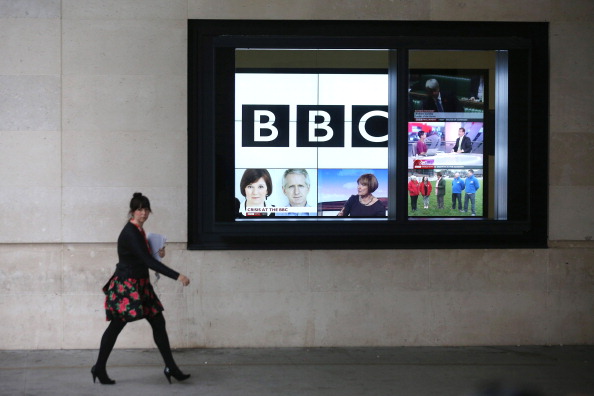DEBATE: Could the BBC survive becoming a subscription service?

Could the BBC survive becoming a subscription service?
Nicholas Mazzei, a corporate social responsibility adviser, says YES.
The BBC is a well-loved and historic British institution, but it needs to move with the times. Ending its guaranteed income and making it compete for its customers through a subscription model would drive it to become more innovative and think more carefully about its content and services.
Many of us have fallen out of love with the BBC. Its inability to manage serious public issues in meaningful ways, its woeful digital technology platform, and the loss of millennial and generation Z audiences to competitors mean it has already lost a meaningful connection with current and future target markets.
A subscription model could bring the BBC to the twenty-first century. It would be able to leverage its massive back catalogue of excellent material, while focusing on delivering content that all audiences can celebrate. Its news and current affairs services would also need to evolve and innovate, meaning that we might one day get a Question Time episode that holds our politicians to account.
The BBC mandate from the 1920s simply no longer works.
Sarah Baumann, managing director at VaynerMedia London, says NO.
The BBC’s mission is “to act in the public interest, serving all audiences through the provision of impartial, high-quality and distinctive output and services which inform, educate and entertain”. Becoming a subscription service would make this impossible.
To compete, it would almost certainly have to sell packages of its programmes at various prices. How could it serve all audiences fairly if budgets shifted towards the most popular services?
This would demolish the BBC’s connection with elderly audiences, who are less likely to switch to a new fee model and may struggle with technology – not ideal when many are also suffering from loneliness and isolation. Low-income households could also be priced out.
Ultimately, the move would show a lack of empathy with viewers who rely on the BBC for trusted, high quality content.
It is important to understand where audience attention is focused in the media landscape, but just because subscription models are popular does not mean that they are for everyone.
Main image credit: Getty